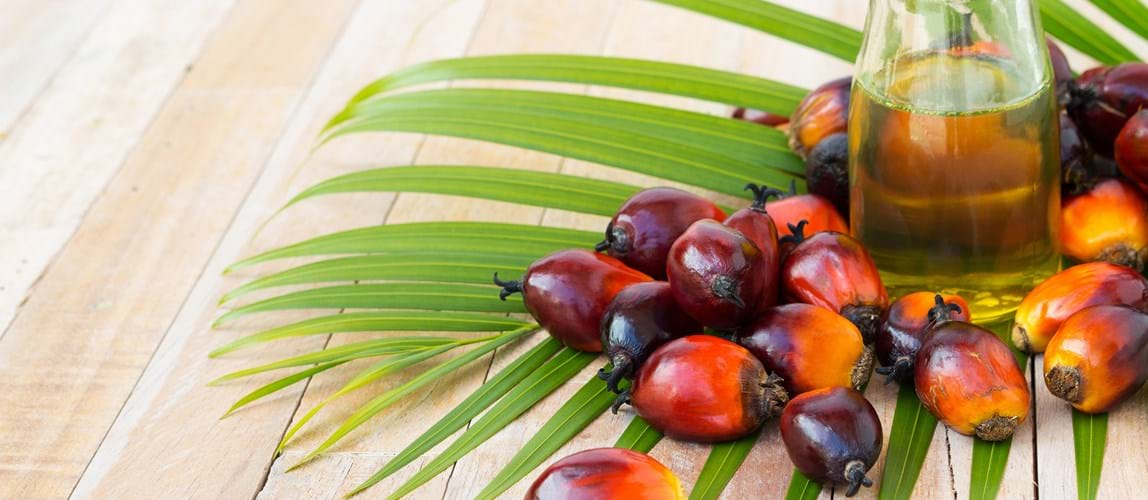Malaysia
Webinar: Potential and Feasibility of Bio-Methane in Palm Oil Industry

- Date From 30th April 2021
- Date To 30th April 2021
- Price Free of charge, open to all.
- Location Online: 11:00 MYT. Duration: 1 hour.
Overview
In Malaysia, there are more than 400 palm oil mills (POMs) generating more than 19 million tonnes of CPO per annum. It is noted that about 5-7.5 MT of water are required to produce 1 MT of CPO in milling process with more than 50% of this ending up as liquid waste, known as POME. In this respect, approximately 42.5-63.75 MT of POME is generated in Malaysia annually. Based on current practice, most of the POME are treated in conventional lagoon systems before discharged to the environment.
In 2014, the Malaysian government launched eight core Entry Point Projects (EPPs) under Palm Oil National Key Economic Areas (NKEA) programme plans; and EPP 5 urges every POM in Malaysia to build a biogas trapping facility to convert biogas into electricity. Therefore, many of the POMs have started to explore anaerobic digestion systems to convert POME into biogas to generate bioelectricity and feed into the national grid at a premium rate under feed-in-tariff (FiT) scheme.
However, only about 40% of the POMs are located in feasible locations for such scheme. POMs, which are located away from the grid, will not be in a position to participate in such scheme. Meanwhile, in order for the POMs to expand their production processes, it is now a requirement for these POMs to be equipped with a biogas facility. At the moment, the generated biogas is mainly flared, hence wasting a valuable resource. Therefore, in order to recover this waste energy source, biogas can be upgraded into bio-methane (bioCH4) at 250 bar with more than 98% CH4. This high purity is suitable for transportation and as fuel source in boilers located at POMs. In this talk, the potential and feasibility of bioCH4 in palm oil industry will be discussed.
Speaker
Professor Ir Dr Denny KS Ng, Associate Head, School of Engineering and Physical Sciences, Heriot-Watt University, Malaysia
Professor Ng received his Bachelor of Engineering (Hons) Chemical Engineering from Universiti Teknologi Malaysia and completed his PhD in University of Nottingham, Malaysia. He is well published with over 200 papers and an h-index of 37.
His areas of specialisation include optimisation of sustainable value chain of palm oil industry, energy management, resource conservation via process integration techniques, synthesis and analysis of biomass processing and integrated bio refineries.
Professor Ng served as Head of Business Engagement and Innovation Services (BEIS), Professor of Process Design and Integrated Biorefinery at the Department of Chemical and Environmental Engineering and Founding Director of Centre of Sustainable Palm Oil Research (CESPOR), University of Nottingham, Malaysia.
He is a Fellow of IChemE, United Kingdom (UK); Fellow of The Higher Education Academy, UK; Chartered Engineer, Engineering Council, UK; Professional Engineer, Board of Engineers, Malaysia (BEM); Member, Institution of Engineers, Malaysia (IEM); Exco member of Young Scientist Network - Academy of Sciences Malaysia (YSN-ASM) and Exco member of Alumni Yayasan Tun Abdul Razak, Malaysia.
With his excellent contributions, he is listed as top 2% of scientists of their main subfield discipline in 2019, Stanford List and identified as one of the most innovative people and ideas in entrepreneurship, technology, social impact, culture and wellness that are defining the future of Asia by GenerationT.asia (GEN.T List Honours 2019), Tatler Asia Limited.
He is also recognised as Top Research Scientists Malaysia (TRSM) in 2018 and recipient of The 1st World Wu Clans Excellence Award 2017, Ten Outstanding Young Malaysian Award (TOYM) 2017 (Scientific and Technological Development), Junior Chamber International (JCI); Institution of Engineers, Malaysia (IEM) Young Engineer Award 2015; Three Outstanding Young Persons of Negeri Sembilan (3OYP.NS) Awards, JCI 2014; Global IChemE Young Chemical Engineer of the Year 2012.
Apart from focusing on research and development (R&D), Professor Ng also applied his R&D output in industrial consultation projects. To date, he has received more than RM 2 million in research grants from government and industries to develop his research and commercialise the outputs.
The material presented has not been peer-reviewed. Any opinions are the presenters' own and do not necessarily represent those of IChemE or the Malaysia Member Group. The information is given in good faith but without any liability on the part of IChemE.
Back to events